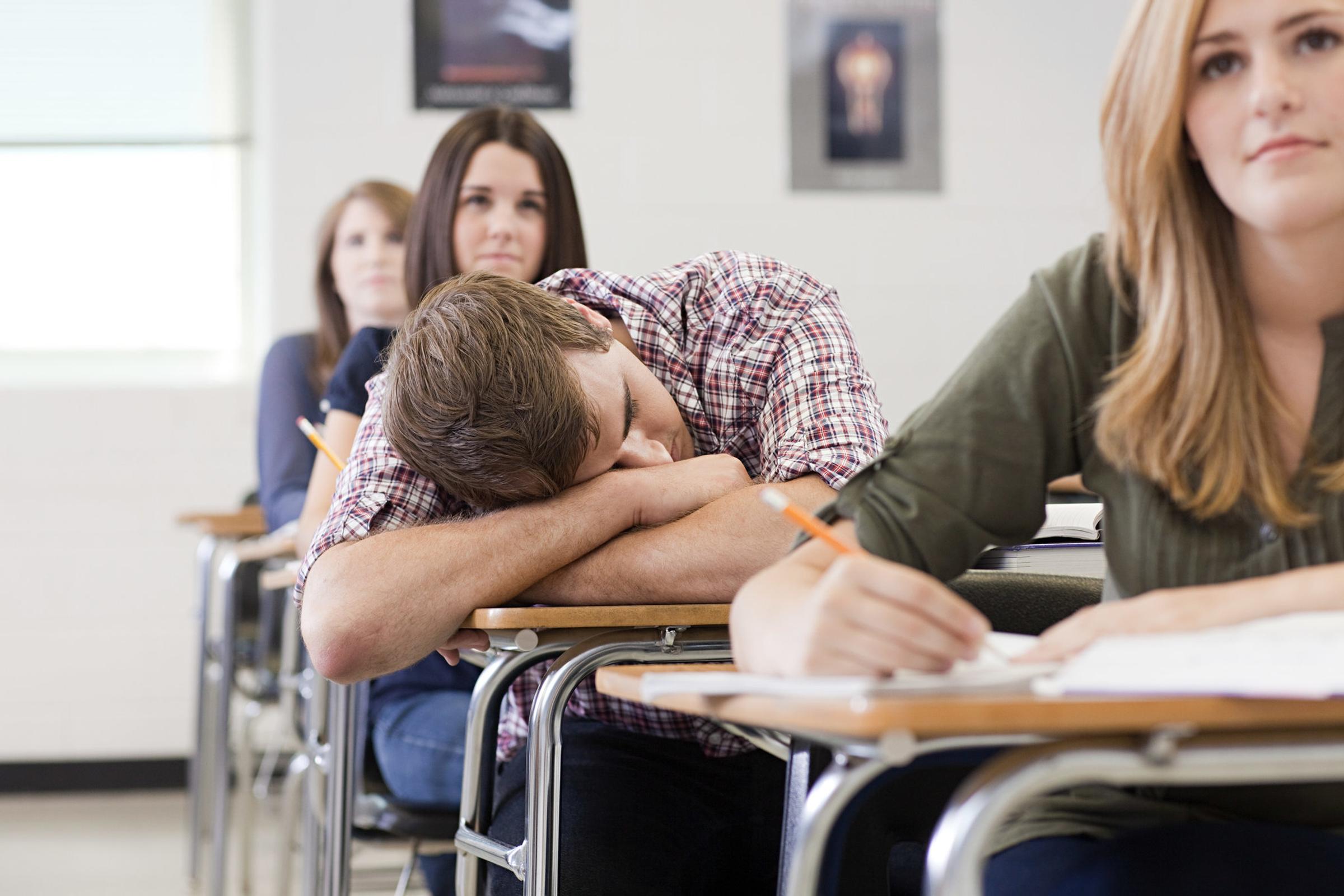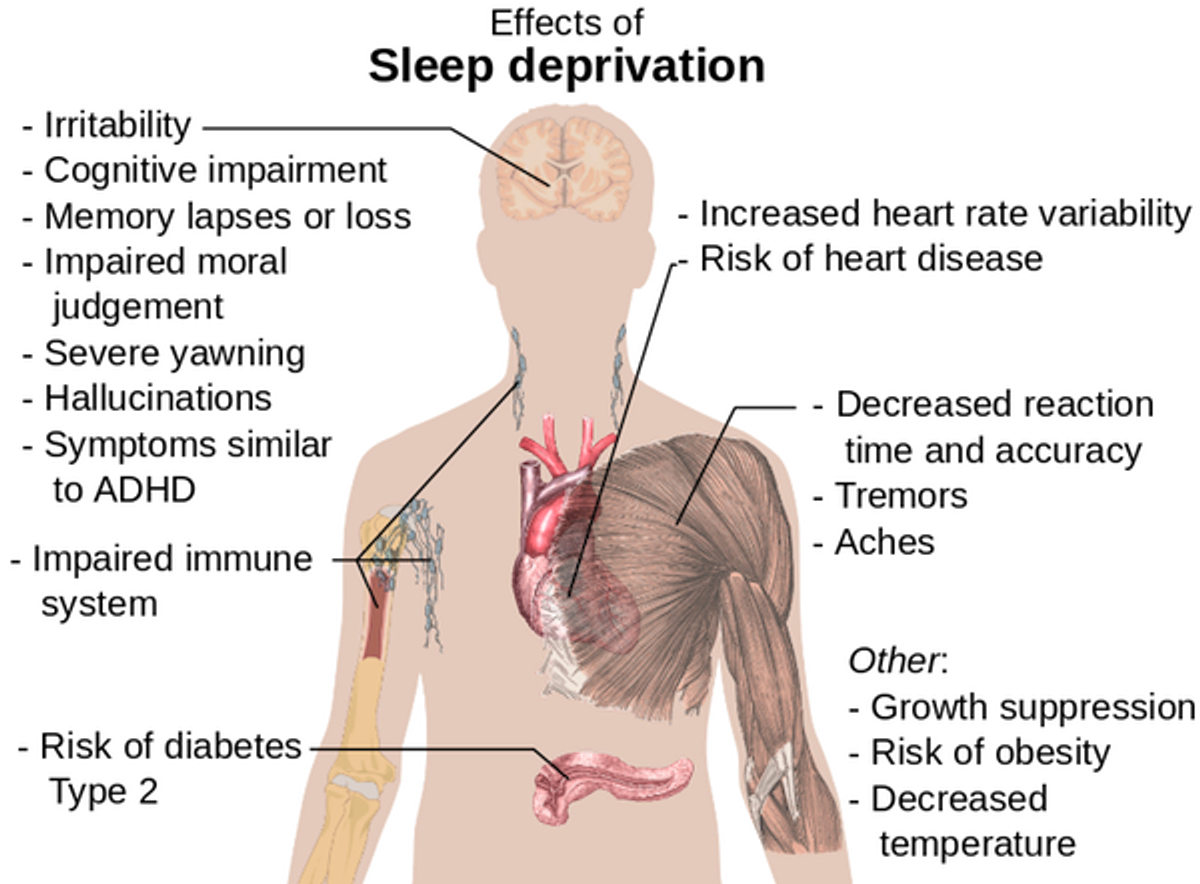A guide to teenage sleep

Jeremy Fiske
School Health Promotions Nurse
Sleep, diet and exercise are the foundational trifecta of health, growth and development. Children need a committed and balanced approach and rely upon their parents and carers to outline and manage the parameters of their needs and wants. Teenagers though, are a whole different kettle of hormones. Teenagers want autonomy but still need assurance and behind the scenes guidance even though they insist that they don’t and that everything is ‘fine!’. I will write about diet and exercise soon enough, but with the start of the new school year it’s super important that the boundaries and supports around sleep are set, so that’s where I’m going to start.
Sleep is an extremely important part of our lives, yet by its very nature we don’t pay much attention to it. Sure, we know it feels good to snuggle into a nice comfortable bed, but then what? When we are asleep it’s just not that consciously interesting, and so it seems to be the first of our foundational cornerstones that we are willing to sacrifice, especially if there is something else we’d rather be doing or that we feel we have to squeeze into our busy lives.
Teenagers have busy lives. School, homework, sport, activities, friends, family, entertainment and a whole bunch of other micro and macro dilemmas competing for their attention. With only 24 hours in a day it’s especially important that sleep time is maintained as a priority in order to maximise the health and growth aspects it brings, and by doing what you as a parent can to ensure that their sleep is effective.
Sleep expert Arthur Teng, head of the Sydney Children's Hospital's department of sleep medicine says that “Australian teenagers are chronically sleep-deprived. A 15-year-old should be getting nine to 10 hours' sleep a night, but they're lucky to get six or seven.” This lack of good sleep can have a dramatic effect on how children perform academically. We’re wandering blindly in a global health experiment with no idea what the long-term effects, subtle or otherwise, will be.
Being aware of the effects of a lack of sleep can help you decide if action is needed but please be aware that everyone suffers from a poor night’s sleep every now and then, it is only if it continues unchecked that it’ll be likely to become a problem.
Some of the effects of lack of sleep include:
Poor attention, concentration and memory - "There are a lot of teenagers who are struggling to stay awake. The first thing that goes out the window is your short-term memory, which is what you need to learn." Dr Teng said.
Irritability and other mood disturbances – The teenage years can be a volatile time with mood changes due to raging hormones and the flood of new experiences and responsibilities that come with growing up, a lack of sleep will only magnify this further.
Impaired judgement and reaction times and poor physical coordination – Not only can a lack of good sleep negatively affect activities such as sports and activity performance, but at a time when older teens are learning to drive it can affect distance and speed perception which presents an undoubted danger to all road users.
So, what does sleep do (or not do) that is so important?
Sleep is as essential to human life as food, water and breathing. Although it is possible to go for periods without sleep, the longer we do so the more rapidly ineffective we become. Sleep deprivation is even recognised in some countries as a legitimate form of torture.
During sleep when the mind and body is in a state of deep relaxation, physical growth and repair takes place and the immune systems regenerate. Mental encoding is reinforced during sleep which means that what we’ve superficially learned during the day becomes a deeper knowledge at night. This knowledge is less easily forgotten and more readily recalled in times of need (exams). It is not only academic knowledge that becomes embedded but social and behavioural awareness too. You could say our experiential higher knowledge, our awareness of our self and others, our empathy and our ability to relate are all encoded during sleep.
What can you do to encourage your teens to get a good night’s sleep?
- *Encourage a regular bed-time. Routine helps with our internal body clock. Teenagers naturally want to stay up later but they must still be able to function in the morning. Students who are cranky or asleep in class are not open to learning and can prove to be a distraction to others.
- *Encourage them to not only turn off their phones and computers but to leave them out of their bedrooms. If you are wondering what’s different from when you were a teenager, this is it. Information and entertainment overload via a digital light source keeps the brain stimulated when it should be resting and reflecting. One kid awake at night texting their friends means there are actually dozens of kids awake. It’s a huge problem! If they say their need their phone to wake up in the morning…buy them an alarm clock.
- *Encourage exercise and family conversation. Exercise is healthful and will make the body tired and want to rest while open family conversation gives a teenager a chance to discuss issues that may be bothering them and keeping them awake at night with worry.
- *Finally, please know that an energy drink on the way to school is not the answer. Stimulants only compound the problem so that teachers and fellow students are then dealing with a class member who is tired but also wired and disruptive and who will inevitably collapse into a grumpy slump an hour or two later.

